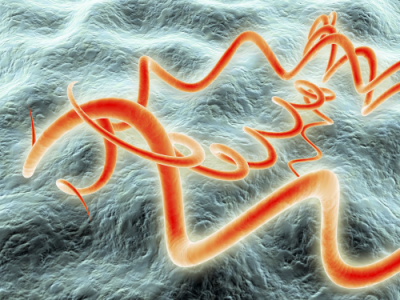Syphilis
What is syphilis?
Syphilis is a sexually transmitted infection (STI) caused by bacteria.
Syphilis is curable, but if left untreated, it can cause serious health problems.
How is syphilis spread?
You can get syphilis by direct contact with a syphilis sore during vaginal, anal, or oral sex.
If you are pregnant, it is possible to pass syphilis to your baby during pregnancy or childbirth. When a baby is born with syphilis it is called congenital syphilis. To learn more about congenital syphilis see the CDC Congenital Syphilis Fact Sheet.
You cannot get syphilis through casual contact with objects.
What are the symptoms of syphilis?
1st Stage – symptoms show up 1-12 weeks after having sex:
- Sore or sores on the mouth or sex organs.
- Sore(s) last 2-6 weeks.
- Sores may be small or large (from 1/8 inch to 1½ inches) and are usually painless.
2nd Stage – symptoms show up as the sore heals or after:
- A rash anywhere on the body.
- Flu-like symptoms.
- Swollen glands
- Hair loss
How do I know if I have syphilis?
You may not notice symptoms, so you may not know you’re infected.
The only way to know for sure if you have syphilis is to go to a healthcare provider or clinic.
If you have a sore, there is a test to check whether it is syphilis. Even if you don't have a sore, a special blood test can tell if you've been infected in the past.
If you are pregnant you should also have a blood test for syphilis to protect yourself and your baby.
Why is syphilis dangerous?
If you have syphilis and don’t get treated you may get syphilis in the brain, spinal cord, heart, or other parts of the body.
Syphilis that is not treated can make you blind, paralyzed, or mentally ill, even many years after the original infection.
If you are pregnant and give syphilis to your baby during pregnancy it may cause a miscarriage or birth defects.
How is syphilis cured?
Syphilis can be cured with antibiotics. Usually the treatment is a single shot. Advanced syphilis needs longer treatment.
- If you are given pills, be sure to take all of them. Syphilis may come back if you don't. Don't stop taking the pills just because the symptoms go away.
- Do not have sex until your health care provider says you're cured.
- Tell your sex partner(s). Your partner must be treated, too. Otherwise, he or she could pass syphilis to someone else or back to you.
- Go back for another test to be sure you've been cured.
If not treated, syphilis sores will go away after 1 to 8 weeks, but that does not mean you're cured. The syphilis is still in your body and can show up again.
How can I protect myself from syphilis?
Not having sex is your best protection against syphilis and other STIs. Having sex with only one uninfected partner who only has sex with you is also safe.
Here are some other ways to protect yourself:
- Use latex condoms with a water-based lubricant every time you have sex.
- Get checked for syphilis and other STIs every time you have a health exam.
- If you have more than one sex partner, get an STI check any time you're concerned about risk, even if you don't have any symptoms.
- Do not have sex with a person who you think may have an STI.
Find out how to get Tested and Treated >>



